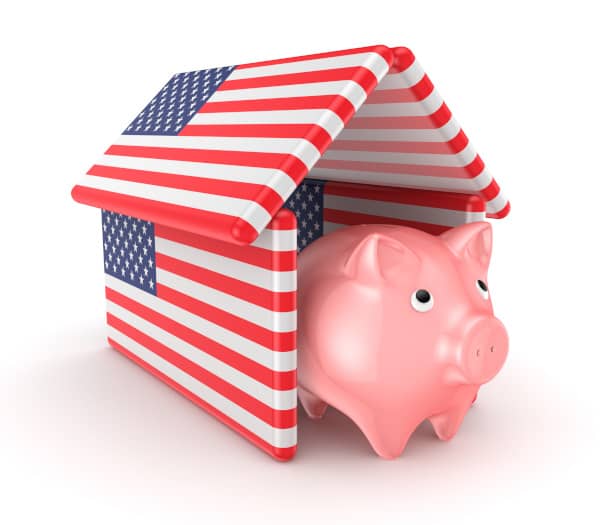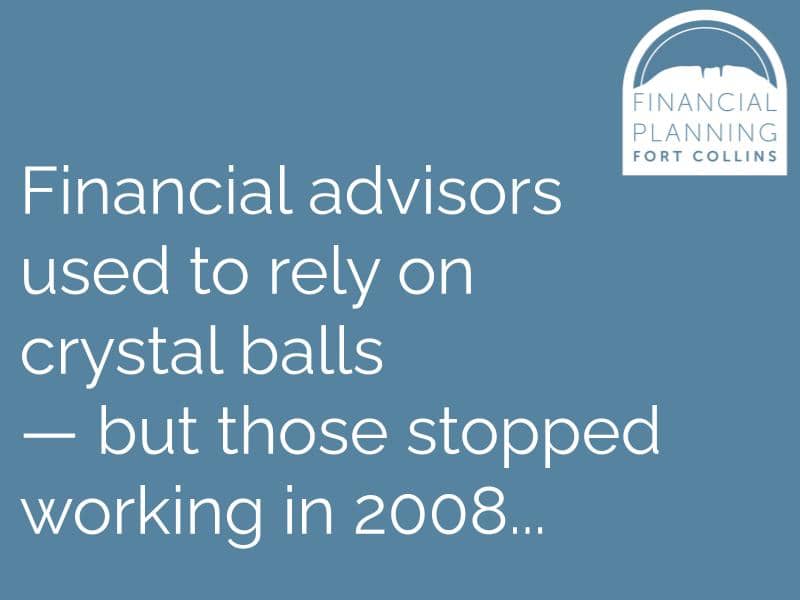
▶︎ How will this presidential election influence my portfolio?
The common answer from a financial planner: It depends. Let’s go over some general history on election years.
 Source: Dimensional Fund Matrix Book 2019
Source: Dimensional Fund Matrix Book 2019
Generally, elections are good for the markets, and there are some theories on why this happens. No matter which party ends up being favored and/or winning, the markets have many influences in addition to political elections. They include:
-
- Business cycles
- Unemployment
- Wars and conflicts
- Corporate profits
- Globalization
- Consumer confidence
- Unpredictable events (9/11 terrorist attacks, COVID-19, etc.)
- The list can go on and on …
Yet many economists and investment managers try to identify patterns in attempts to beat the market.
Market Timing Approach: The Presidential Election Cycle Theory
Theory: This concept is credited to Yale Hirsch, a stock market historian. The overall concept of this theory states that markets are mediocre in the first two years after an election while a president exits campaign mode. During these years, the president tries to fulfill campaign promises around taxes or social welfare, which aren’t generally economic policies.
In the last two years of a presidency, the president shifts to drive the economy for re-election purposes or to keep their own party in political power.
Statistics: When looking at the average returns for the S&P 500 index between 1929 and 2019, we do notice data that matches this pattern, especially as we see in the third year of a presidential term.
 Source: Dimensional Fund Matrix Book 2019
Source: Dimensional Fund Matrix Book 2019
Yet, as we comb through this data, we have a friendly reminder: Correlation doesn’t imply causation.
You may remember this phrase from your school testing days. Just because an apparent pattern exists, the pattern doesn’t always mean the two are directly related in a cause-and-effect relationship.
Overall, this theory sways investors to believe that the executive office has the power to influence the stock market. As we outlined above, numerous factors influence the stock market’s performance. The small sample size of U.S. presidential elections exhibits data that supports the theory that the third year is the most beneficial of a presidential term. And when looking at this theory after 1929, you can see that the president’s first year in office doesn’t match the theory’s philosophy since it’s the second-highest performing year.
How to Invest in Election Years
And to answer the original question in this article: How will this presidential election influence my portfolio?
The overall answer to how to handle your portfolio in an election year: It depends.
It depends on:
-
- The reasons you’re investing and which goals you’re trying to achieve.
- Your time horizon regarding when you need your invested money.
- Your risk tolerance, meaning how much volatility is within your comfort zone.
- Your marginal tax bracket.
- The tax consequences of changing your investment strategy.
- Your overall investment personality.
Obviously, we must reference the chart above and note there are some red years. That means it’s still hard to predict how markets will perform in election years or in the specific year of a president’s term.
Control What You Can Control
An overall recommendation on how to invest in election years: the same way you would invest in all other years given your overall investment strategy. Our personal and professional investment philosophies prevent us from market timing strategies, which the above theories attempt.
We can’t control the markets or political outcomes, so we remind you to control what you can control. This is how we guide our clients, and we encourage you to focus on these investment principles:
-
- Keep your investment costs low.
- Diversify your investment portfolio.
- Rebalance your portfolio to match your time horizon and risk tolerance.
- Limit your investment tax consequences where and when you can.
- Place different investments in intentional locations for tax advantages.
- Most important, find ways to not let your emotions make your investment decisions so you can follow a plan.
Finally, Control Your Election Psyche
Take care of yourself, and good luck to you during another election season. We hope you experience much respect and civility in your communities, and we encourage you to promote these behaviors as well. Try not to get caught up in the inevitable nastiness on the horizon.
This is easier said than done, but remember the silver linings. Your lawn will probably enjoy some shady spots from those yard signs.

